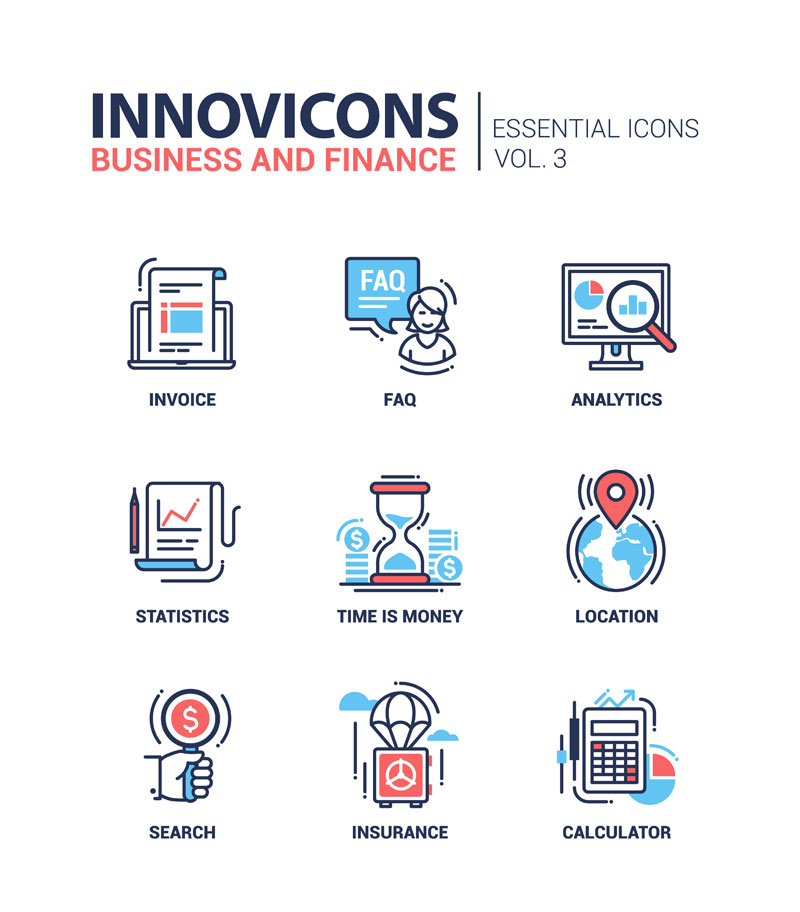
Elements of a Contract
Although you may never have done project work during your career, you may have worked under some form of employment contract without realizing it. For example, oral agreements may have been made when you met with a superior to agree on what duties and responsibilities you'd have in a new job. Or, you may have received an informal employment letter that mentioned you'd be given reasonable notice of termination (except in the case of your being fired for cause) as well as other implied terms.
However, you probably didn't give these items much thought if you expected to remain with the company indefinitely.
Before accepting a formal employment contract for project work, however, it's essential to carefully consider and negotiate key clauses to prevent problems and misunderstandings between you and the employer. Daigle, the Toronto attorney, cites eight main areas to consider when reviewing such a contract:
- Job description. This section should clearly state your duties and authority. Expectations of performance and how it will be measured also should be addressed here. This way, misunderstandings can be avoided and there'll be an explicit reference if a breach of contract occurs.
- Management rights. While the company will want to retain certain flexibility and rights, you'll want to restrict as much as possible the employer's ability to arbitrarily change your job duties.
- Term of the contract. If you're to be hired for a fixed period of time, this should be documented in the contract. This section also should list any terms for renewal of the contract.
- Compensation. Your base salary should be stated here, as well as whether and how pay raises will be implemented. Benefits, vacation time, expense accounts, car allowances and insurance coverage terms also should be specified. Don't assume something will be provided if it's not in writing.
- Exclusive service. Unless otherwise indicated, you'll be expected to work a regular workweek with regular business hours exclusively for the employer in question. As mentioned earlier, you'll probably want to adapt this clause so you can have time to generate other contract work.
- Noncompetition! Solicitation clauses. Here, the employer may seek to keep you from working with a rival or starting a competing company. If you must accept such a provision, be sure to set as short a time limit for it as possible. This way, your ability to look for new employment isn't unduly restricted.
- Confidential information. In this section, have the employer be as specific as possible in identifying data and secrets that you can't use or disclose. Again, the terms shouldn't unreasonably limit your search for new work.
- Termination. This component of the contract should clearly outline what will constitute cause for dismissal, as well as how much notice you'd be given. It should also state how much notice you'll give the employer if you choose to quit or resign.
Paying to have an employment law specialist review your contracts "is money well spent," says Daigle. "Otherwise, you could sign away your rights."
Indeed, companies often are advised by their lawyers to tell contract employees to get independent legal advice before signing to ensure that the agreement is binding on both sides. Thus, it's worth asking the company whether it will pay for your lawyer to review the document, advises Daigle.
"You'd be surprised to find that many will. It's in their best interest to do so," he says.
Often, you can negotiate with employers to change clauses in the contract you're unhappy with. Even though the company usually has the upper hand in these negotiations, you'll probably be able to make minor adjustments so the agreement is more acceptable. Say the employer insists on a clause stating that you won't join a competitor for six months after a given project is complete. You may be able to arrange full or partial salary continuance for that half year period.
Calce persuaded his employer to add some provisions to his contract. "I put in that I want to know two weeks prior to expiration of the contract whether or not it'll be renewed and I negotiated an amendment that if I work weekends at their request, there'll be a surcharge," he says. "If new responsibilities are added, a new pay range will have to be negotiated. There's no vacation per se, but I added in statutory holidays and sick time."
Keep in mind that you'll only receive what the market will bear, says Colling, who helps recruit executives for contract positions. To make sure your expectations are realistic, research compensation levels and consulting fees through professional associations and salary surveys.
But don't be afraid to make special requests, particularly if you have a lot to offer. "You may want to put in a bonus clause if you finish a project ahead of schedule or do something unique," says Colling. "You may also want to negotiate first rights to a position should it become full time."
